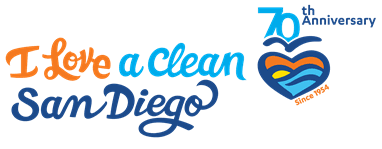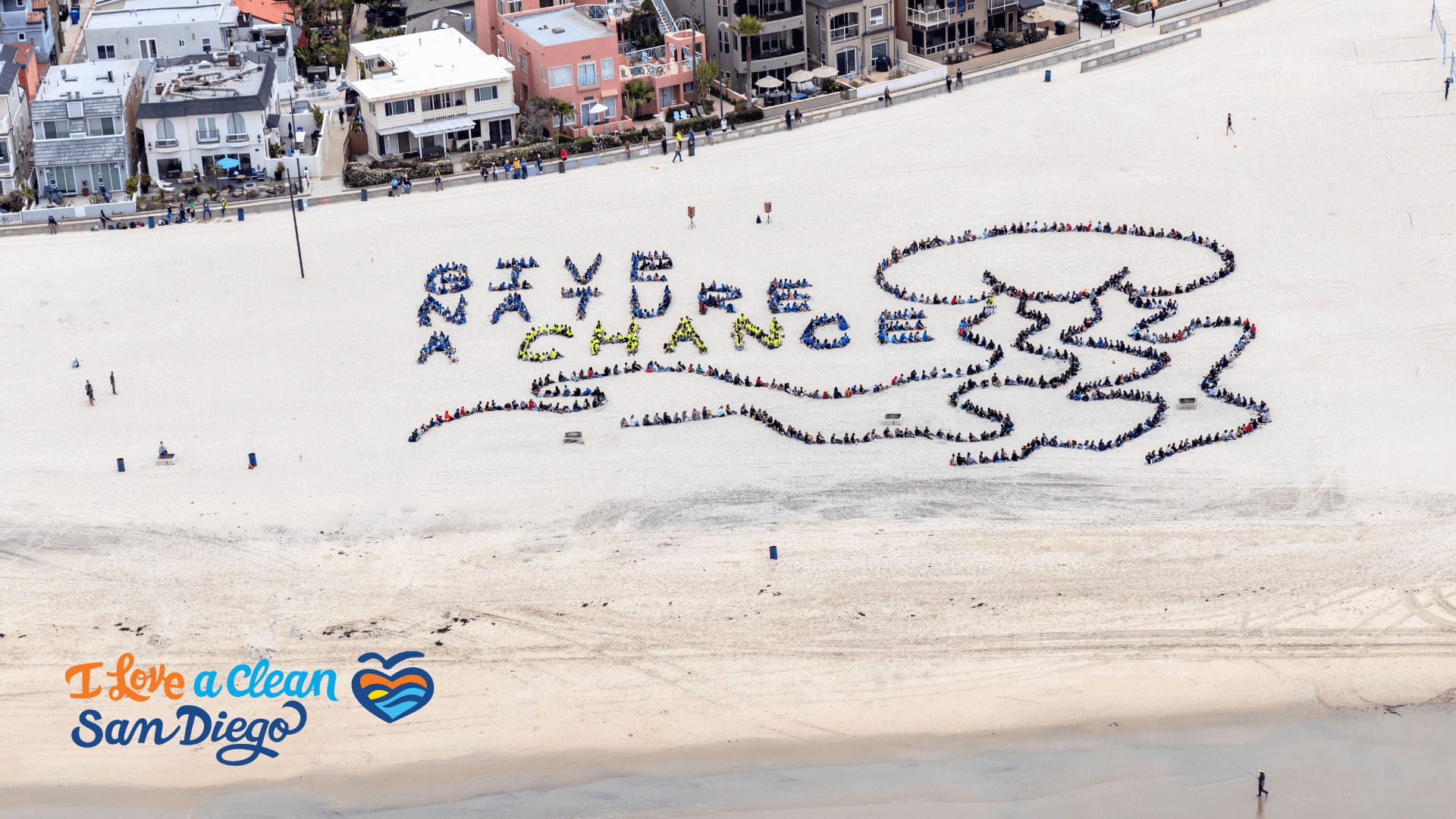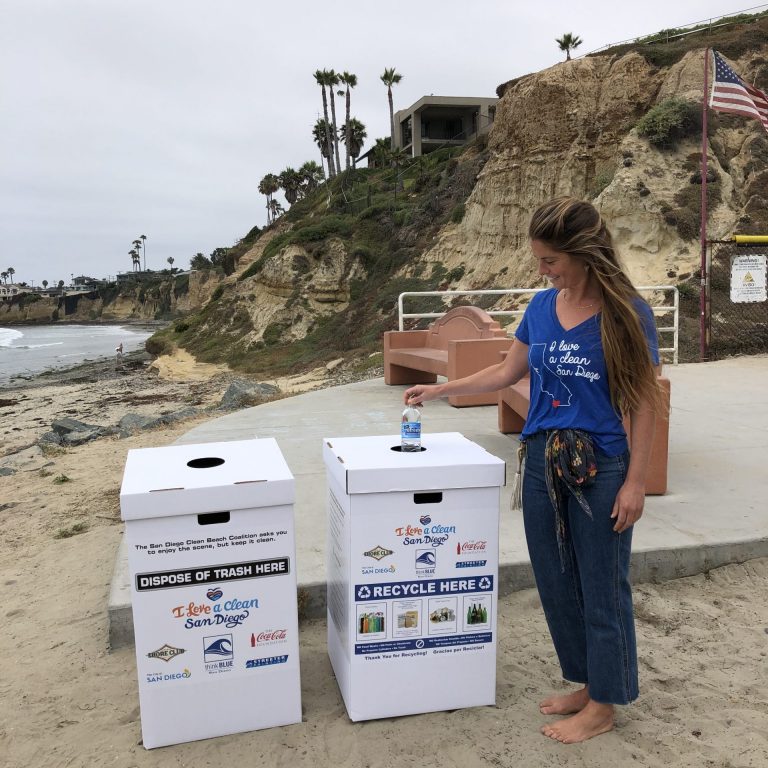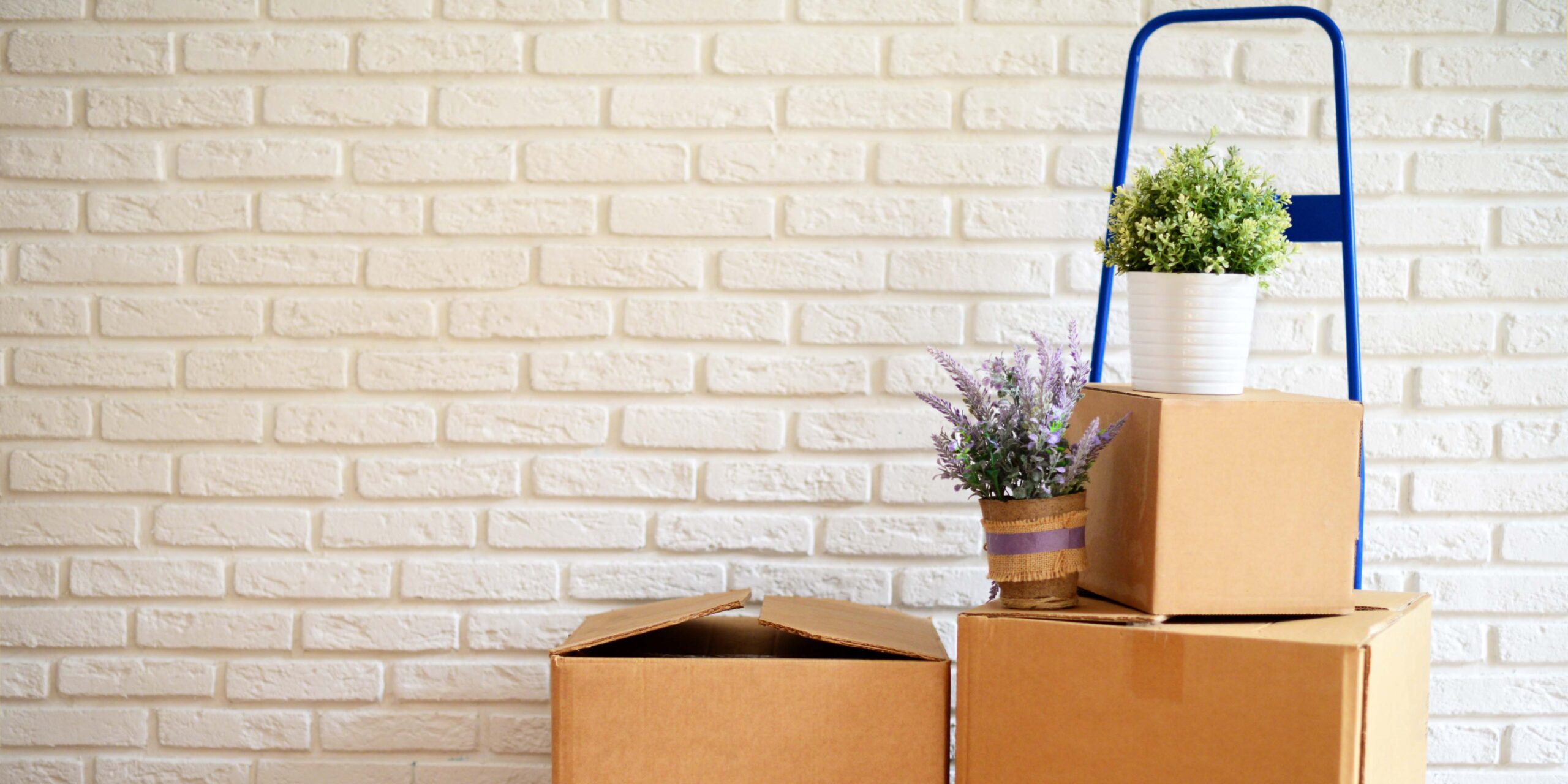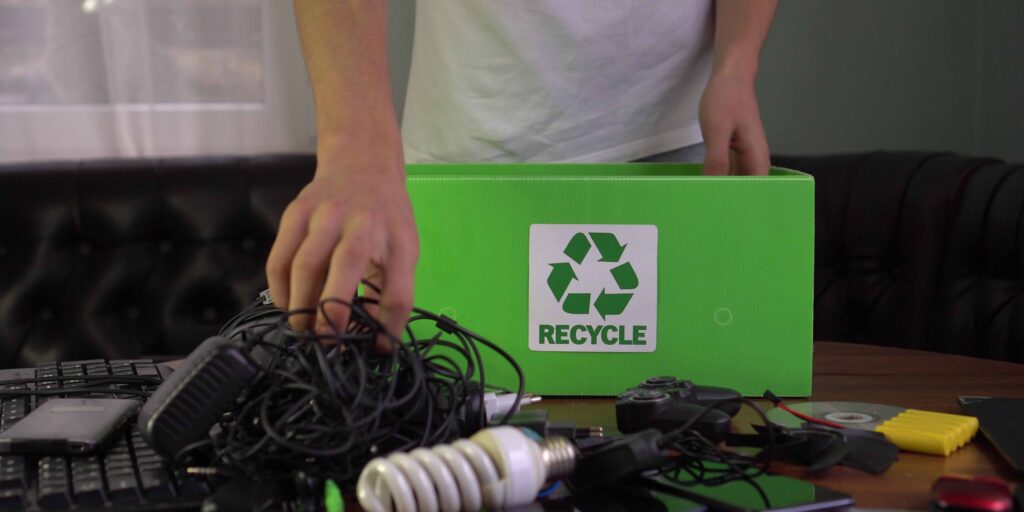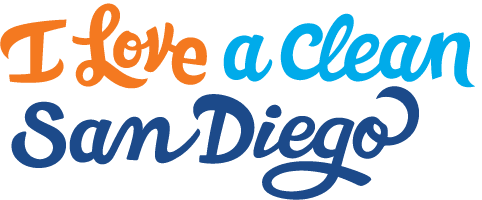Elementary Students Create the “Give Nature A Chance” Aerial Conservation Message at This Year’s Kids Ocean Day
I Love A Clean San Diego engaged students with ocean conservation education, a beach cleanup, and the aerial message for the 2023 edition of the annual event
San Diego, CA – May 26, 2023 – Kids Ocean Day, an inspiring event for youth that educates and engages elementary students in ocean conservation, took place yesterday and profoundly impacted the 1,000 participants with the beach cleanup and the extraordinary aerial art project. Mission Bay provided the scenic backdrop for the event where I Love A Clean San Diego hosted students from seven Title 1 schools from across the region. I Love A Clean San Diego joins four other California regions in connecting local youth to the environment for the annual Kids Ocean Day event.
“This year’s Kids Ocean Day is extra special, as it marks the event’s return to full capacity, which was previously held with limitations since 2019 due to the pandemic,” said Eric Dillemuth, Education Program Specialist at I Love A Clean San Diego.
The Kids Ocean Day program began weeks before yesterday’s culmination event, with educational presentations at eight elementary schools throughout the county. The beach cleanup provided students with first-hand experience in applying their ocean conservation knowledge. The students concluded their visit to the beach by creating a stunning aerial art message, spanning an impressive 230 ft.by 230 ft., which spelled out the powerful statement, “Give Nature A Chance,” along with a jellyfish. The artwork served as an homage to nature’s resiliency and perseverance that occurred during the pandemic.
By providing an interactive experience, Kids Ocean Day was a catalyst for youth to actively care for their environment, instilling a sense of responsibility and encouraging a lifestyle that fosters the well-being of our region. For many of these students, it was their first visit to the beach, creating a memorable experience that will inspire them to become lifelong stewards of the environment.
“We are proud to support Kids Ocean Day, a program that connects youth to the environment and demonstrates the critical role they play in preserving its health,” said Susan Day, President of Kiwanis San Diego.
This year’s Kids Ocean Day was made possible through the generous support of the California Coastal Commission, San Diego Kiwanis Club Foundation, Cox Communications, and Wells Fargo.
About I Love A Clean San Diego
Founded in 1954, I Love A Clean San Diego is an environmental nonprofit supporting residents and businesses of San Diego County through youth and adult education, and local action through impactful volunteer events and workshops. As San Diego’s most influential advocate for sustainability, I Love A Clean San Diego’s programs are an environmental catalyst, awakening passion and inspiring action to empower everyone to be leaders in conservation and waste-free living. Our community is passion in action to maintain and improve the health of the home we love. For more information, to volunteer or donate, visit CleanSD.org or call (619) 291-0103. Connect with us on Facebook, Twitter, Instagram , and LinkedIn.
